Introduction of the Career Model 2.0
Pyramid of needs and the pursuit of self-actualization.
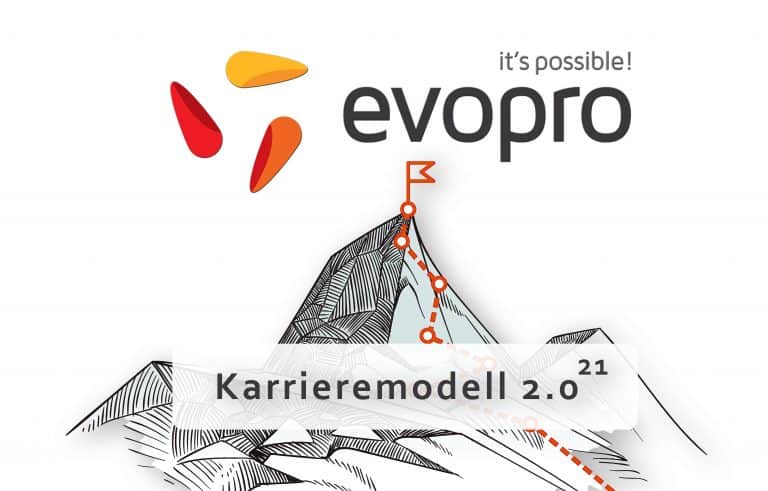
"Contentment and happiness result from the pursuit of self-actualization"
based loosely on Abraham Maslow
Why a career model?
The vocational training is successfully completed, the studies finished. Here we go, the world is waiting!
Yes and no. Genau genommen geht das Lernen weiter, jedoch wird der Praxisanteil größer. Es geht jetzt um den Aufbau von Erfahrung – die letztlich unschätzbar wertvoll ist.
Over the years, there inevitably comes a point when the question arises as to what the company can still offer you personally or what opportunities there are for further development. We are all always striving for fulfillment of our needs and the ideal of self-realization, and therefore want to have this question answered at some point. This is the point at which the new career model should take effect, because Unfortunately, the answer to this important question is not always immediately obvious, either because there are no corresponding models or because the question is not addressed by superiors in employee appraisals and thus possibly leads to resignation or even frustration.
Our career model is designed to offer individual and flexible development paths. Our ideal is to keep talented and motivated people of all backgrounds working for the company for as long as possible. Over the time of the cooperation this leads to invaluable growth effects and both parties profit equally from a long and successful cooperation. People develop over the years and we would like to accompany and support that. This requires an encounter at eye level, characterized by fairness and the opportunity for self-expression.
According to Abraham Maslow, human development is based on different needs that build on each other. To this end, he worked from 1943 until his death in 1970 on his social psychological model, which is simplified as the widely known pyramid of needs.
In the lower areas lie the basic needs (also deficit needs), the non-fulfillment of which triggers frustration. In the higher levels are the needs, the fulfillment of which cause satisfaction and feelings of happiness in us and are therefore called growth needs. Since these can basically never be completely satisfied, we all always strive for more.
This is exactly where we would like to start with our career model and show development opportunities that support the pursuit of self-realization.
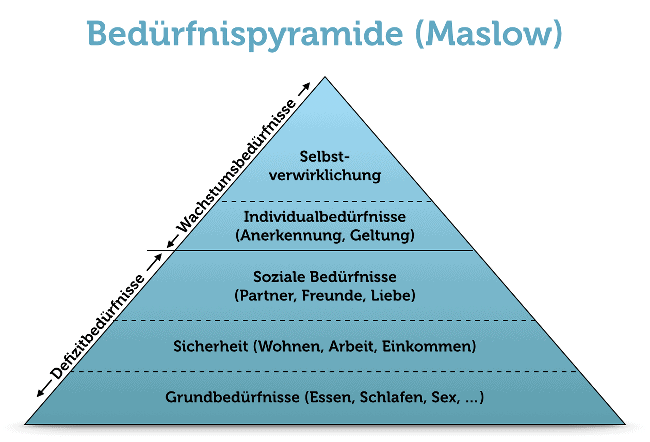
Does everything have to be uphill?
Higher, faster, further… This is often the classic idea behind a career model. However, we would like to offer more here. Our career model is flexible – in every direction. This means that, if you wish, we can also offer you the opportunity to take it a little easier in the last few years before you retire, to take a step back from a position of responsibility, either to offer opportunities to younger colleagues, or simply to return to your old position because you enjoyed it more.
In many companies, this sort of thing is viewed critically, with the result that long-serving and experienced colleagues often see no other option than to move to another company if such a request is made. This means that the know-how and the personality are lost forever. We want to prevent this in any case and hope to create a variety of opportunities for those who simply enjoy their work and do not always want to go higher, faster, further…
It's possible!
A company is only as good as its employees. Since we focus on long-term cooperation, the satisfaction of all colleagues is close to our hearts.
Other contributions:

Working world of the future
How will we work in the future and, above all, where will we work in the future?
Energieverbrauch der Smart Camera evoVIU als Embedded Kamera-System
Energieverbrauch der evoVIU als Embedded Kamera Wie viel Strom verbrauchen Embedded Systems?
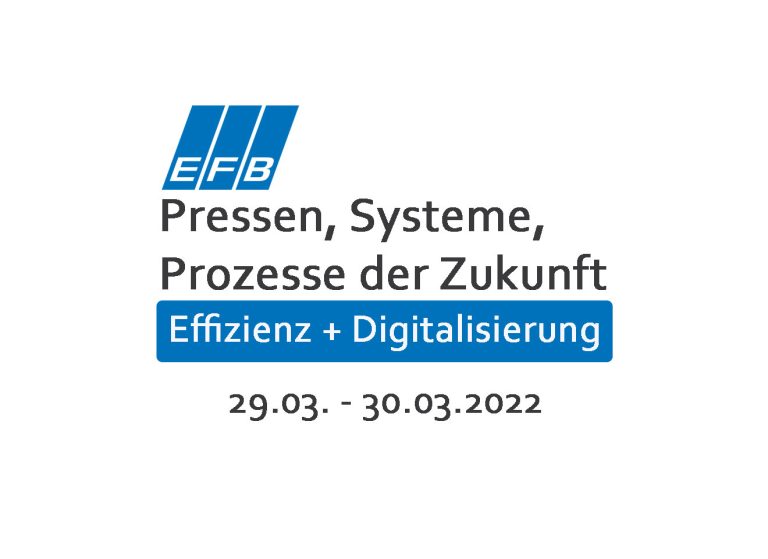
EFB WebColloquium 2022
On March 29-30, 2022, the EFB WebColloquium will take place on the topic of presses, systems, processes of the future, efficiency + digitalization and our company will also be represented with a presentation.

Smart Kamera vs Smart Home Kamera
Das Bauteilnachverfolgungssystem evoTrQ begibt sich auf die Reise in ein Werk nach China.
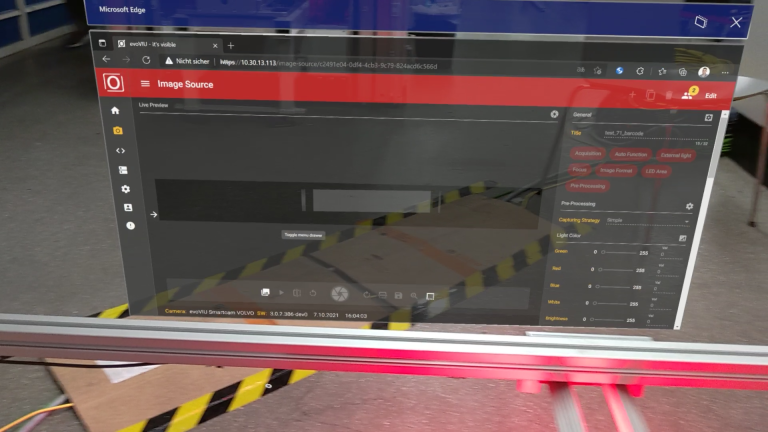
The HoloLens creates new perspective
The HoloLens is now used at evopro to configure the evoVIU. The evoVIU on the pulse of time!

International trade fair for sheet metal working
Trade fair two in the trade fair month of October! evopro systems engineering AG at the Blechexpo in Stuttgart.
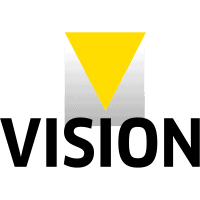
October becomes trade fair month
We are going to two trade fairs in Stuttgart in October. To the Vision at the beginning and to the Blechexpo at the end of October!
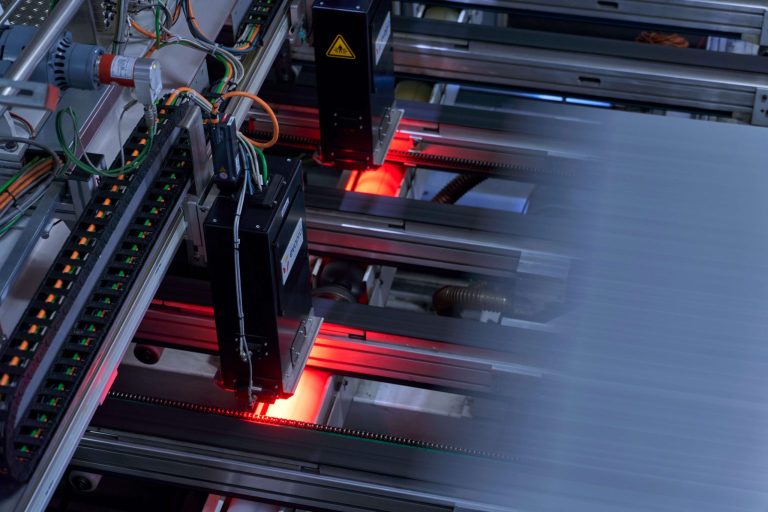
„Track & trace“-System für Platinen
Wir fahren im Oktober zu zwei Messen nach Stuttgart. Zur Vision Anfang und zur Blechexpo Ende Oktober!
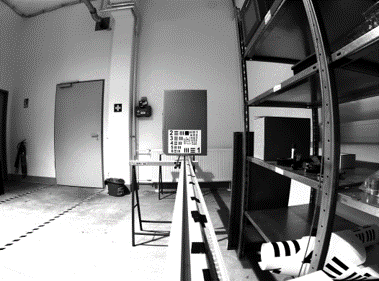
Bachelorarbeit bei evopro
In den letzten 5 Monaten entstand eine Bachelorarbeit zum Thema Licht- und Optikoptimierung. Lesen Sie hier das Interview mit dem Bacheloranden.
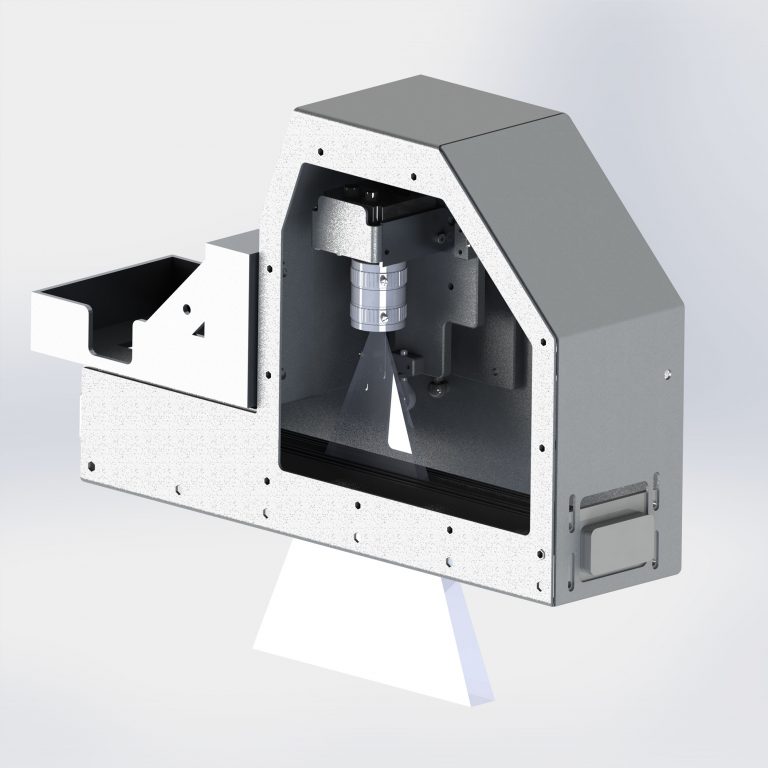
AI, the new focus of image processing
News In the automotive industry and also in areas where small parts are pressed, the demands on the components are becoming ever greater. Dimensional accuracy


